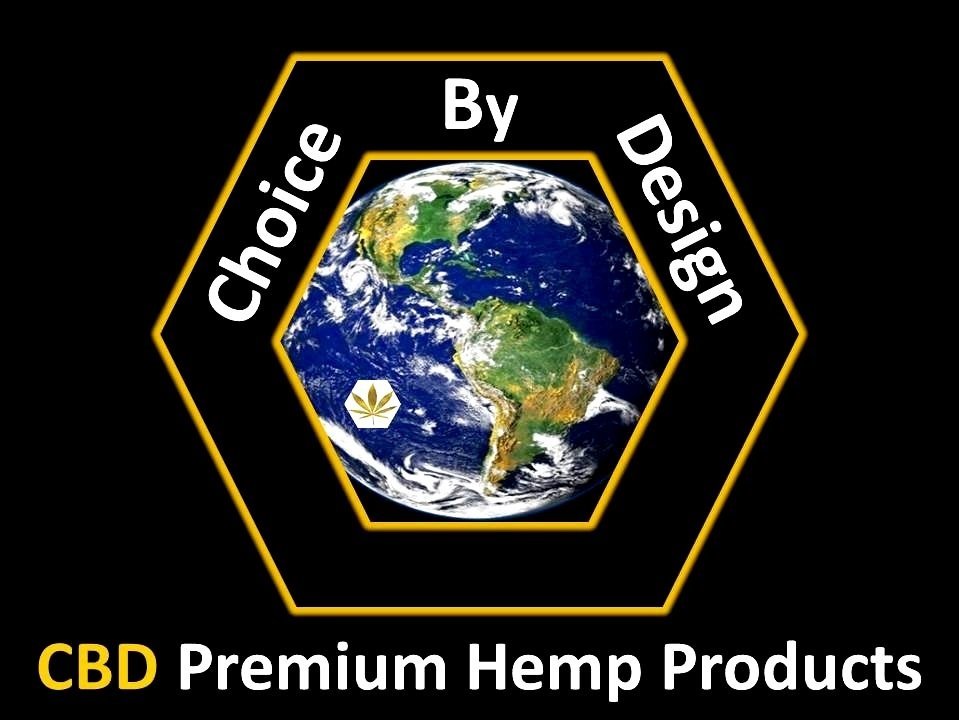 Image 1 of
Image 1 of


CBD + CBG Isolate Tincture
– Available in both Unflavored and Orange Creamsicle.
– 1 to 1 CBD to CBG ratio.
– 1500mg CBD and 1500mg CBG in 3000mg CBD+CBG Tincture.
– Does not contain THC (0.00% THC).
– Hold under your tongue for 60-90 and experience faster absorption and higher bioavailability than edibles, capsules, and beverage products.
– 3000 mg in 1oz (30ml).
– Ingredients: CBD Isolate, CBG Isolate, MCT Oil.
– All-natural ingredients, non-GMO, gluten-free, vegan friendly, with no animal testing.
-View the Lab Results for this product.
– Available in both Unflavored and Orange Creamsicle.
– 1 to 1 CBD to CBG ratio.
– 1500mg CBD and 1500mg CBG in 3000mg CBD+CBG Tincture.
– Does not contain THC (0.00% THC).
– Hold under your tongue for 60-90 and experience faster absorption and higher bioavailability than edibles, capsules, and beverage products.
– 3000 mg in 1oz (30ml).
– Ingredients: CBD Isolate, CBG Isolate, MCT Oil.
– All-natural ingredients, non-GMO, gluten-free, vegan friendly, with no animal testing.
-View the Lab Results for this product.
– Available in both Unflavored and Orange Creamsicle.
– 1 to 1 CBD to CBG ratio.
– 1500mg CBD and 1500mg CBG in 3000mg CBD+CBG Tincture.
– Does not contain THC (0.00% THC).
– Hold under your tongue for 60-90 and experience faster absorption and higher bioavailability than edibles, capsules, and beverage products.
– 3000 mg in 1oz (30ml).
– Ingredients: CBD Isolate, CBG Isolate, MCT Oil.
– All-natural ingredients, non-GMO, gluten-free, vegan friendly, with no animal testing.
-View the Lab Results for this product.
Choice By Design is now offering CBD + CBG tinctures! Because it is non-psychotropic, CBG has an incredible array of potential applications for many health conditions. Since it is present in low levels (usually less than 1%) in most cannabis strains, CBG is considered a minor cannabinoid.
Why CBD + CBG?
The difference between CBD and CBG lies in the receptors that they can bind to. CBG, like many other cannabinoids, can bind directly to the cannabinoid receptors CB1 and CB2. It is through these receptors that CBG is able to induce its effects on the body. CBD, on the other hand, can only weakly bind to CB1 and CB2, so instead, it induces its effects on the body by binding to non-cannabinoid receptors and acting on other receptor pathways (1). CBD and CBG share many similarities, especially in the effects they induce on the body.
Anti-inflammatory action
Both CBD and CBG have shown an ability to reduce inflammation, although CBD’s anti-inflammatory effects have been more strongly demonstrated.
CBG – A 2013 study found that CBG reduced the number of inflammatory markers and also decreased inflammation in the colon in mice with inflammatory bowel disease, or colitis (4).
CBD – CBD has shown significant anti-inflammatory properties. Studies have found that CBD was able to reduce inflammation for patients with inflammatory bowel disease, diabetes, inflammatory skin conditions, and inflammatory neurodegenerative diseases (5, 6, 7, 8). Research tells us that CBD likely induces its anti-inflammatory effects through the activation of the glycine receptor GlyR (8).
Antibacterial properties
Research tells us that both CBD and CBG can act as an antibacterial.
CBG – CBG was shown in one study to have such a significant antibacterial impact that it killed MRSA bacteria, which is typically resistant to antibacterial action (9).
CBD – CBD was shown in one study to exert antibacterial effects against Gram-positive bacteria (10).
Psychotropic ability
One important similarity to keep in mind is the psychotropic activity of CBD and CBG. While both CBD and CBG are active chemical compounds, neither of them cause a “high.” Their lack of psychotropic activity may seem confusing because of their presence in a psychotropic plant, but the answer lies in yet another cannabinoid – THC, or tetrahydrocannabinol, is the cannabinoid responsible for the infamous effects of cannabis. This product contains absolutely no THC!
